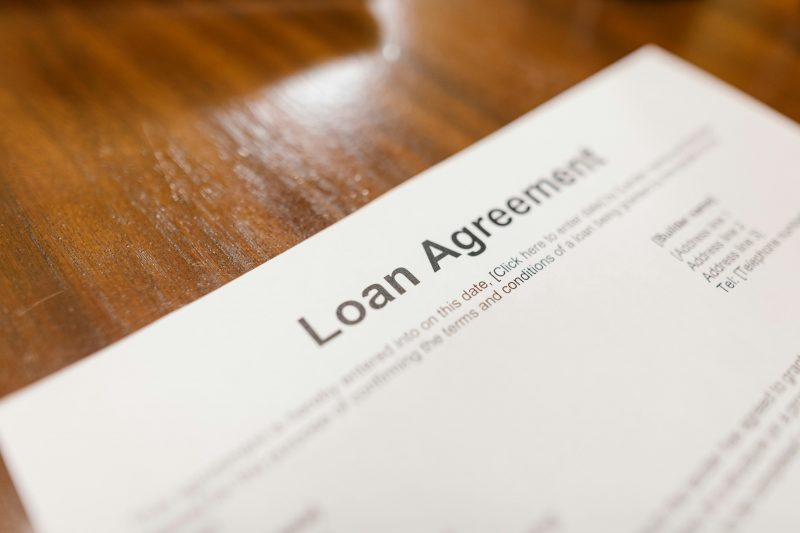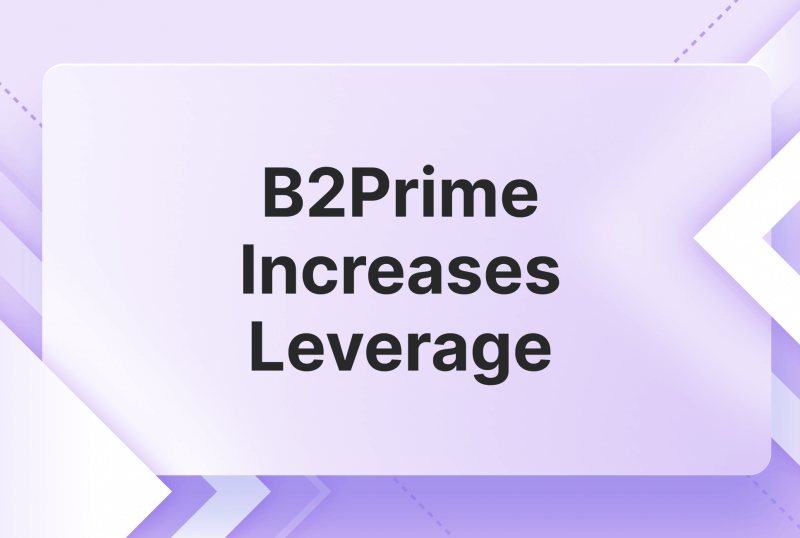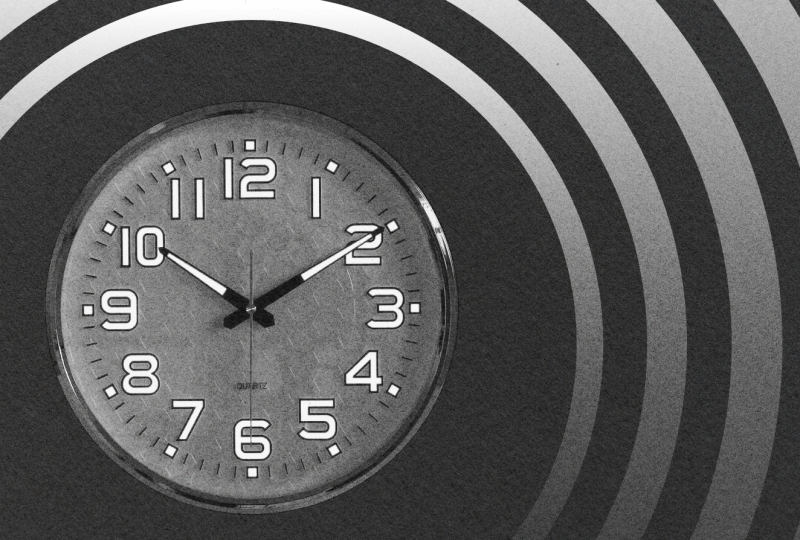Best Options for Short-Term Loans
Nov 28, 2024

Short-term loans are an unsecured form of borrowing repayable within a short period, usually between one and twelve months. These loans don’t require any collateral, meaning they aren’t tied to any asset. Short-term loans are perfect for emergencies because they’re easy to access and have fast processing times. Discussed below are the best options for short-term loans.
1. Payday loans
Payday loans are short-term loans you can leverage to cater to immediate financial needs until you receive your next paycheck. These loans are easy to qualify for, especially if you’ve met the set requirements. Most payday lenders, including My Canada Payday, have a few requirements for eligibility, including:
- Valid identification
- Be at least 18 years old
- Proof of income
- An active checking account
Since most payday loans are issued without credit checks, they’re ideal for those with low credit or no credit history. These high-interest loans are costly. However, shopping around allows you to compare loan terms, making it easier to find an affordable payday loan option. While payday loans are legitimate, many scammers posing as payday lenders seek to trap cash-strapped borrowers. Ensure you perform your due diligence before settling on a particular lender.
2. Merchant cash advances
Merchant cash advances are a short-term alternative financing that enables small businesses by providing quick access to working capital. They’re suitable for businesses that use credit and debit card payments regularly. Unlike traditional banks, these loans are easy to get approved for, and their turnaround time is swift. Merchant cash advances can help your small business cover cash flow problems, short-term expenses, and emergencies. The money can be used to fund various business expenses, including:
- Renovations and repairs
- Equipment purchases
- Inventory purchases
- Advertising and marketing
- Working capital
- Business expansion
Merchant cash advances usually utilize future revenue to secure repayment, meaning the lender won’t require any asset as collateral for the loan.
3. Lines of credit
Lines of credit are a predetermined borrowing limit issued by financial institutions and banks to individuals and businesses. The loan provider sets this limit based on your creditworthiness. With a line of credit, you can get the funds whenever you need them instead of taking the entire amount all at once. This means you can use your line of credit anytime until you reach the limit. If you have an open line of credit, you can keep borrowing as you repay.
Qualifying for a line of credit requires a reliable, steady source of income, a good credit score, and a no-default credit history. Lines of credit can be secured, meaning they have lower interest rates because they’re supported by collateral, or unsecured, which have higher interest rates.
4. Pawn shop loans
Pawn shop loans are a secured, short-term form of borrowing where you exchange an asset you own for cash. Usually, pawnbrokers appraise the item you’re using as collateral and then give you a portion of its worth. You can use any asset as collateral, including electronics and jewelry. Once you successfully repay the loan within the agreed timelines, you get your asset back. Nonetheless, failure to repay allows the pawnshop to sell the asset to recover its money. Pawn shop loans have numerous benefits, including the following:
- Fast cash: Pawnbrokers don’t have complex loan application processes, which gives you access to quick cash
- Easy to qualify for: To be eligible for a pawn shop loan, you must only give proof of asset ownership and identity. You don’t have to undergo credit checks or show proof of income
- They don’t affect your credit score: If you’re unable to repay a pawn shop loan, you’ll lose the asset used as collateral, but your credit credit score won’t be affected
5. Car title loans
Car title loans are short-term loans where you use your vehicle’s title as collateral. They offer quick access to cash even to those with no credit history or have poor credit scores. To qualify for a car title loan, you’ll need:
- Original car title illustrating full ownership
- Proof of residency that matches the name on your title
- Government-issued ID matching the name on the car title
- Current car registration
- Proof of car insurance
Car title loans offer quick access to cash. Unlike traditional bank loans, they can be processed within hours, making them a perfect option when you need money quickly. With car title loans, you don’t have to worry about credit checks because your automobile secures your loan and doesn’t require proof of income. These loans also don’t rely on your credit score or history for approval, meaning you can access financing even with poor or no credit. However, failure to repay the loan within the preset period increases the risk of lenders repossessing your vehicle.
Endnote
Short-term loans allow you to access financing quickly. Payday loans, merchant cash advances, lines of credit, pawn shop loans, and car title loans are some of the best short-term loan options to explore.




